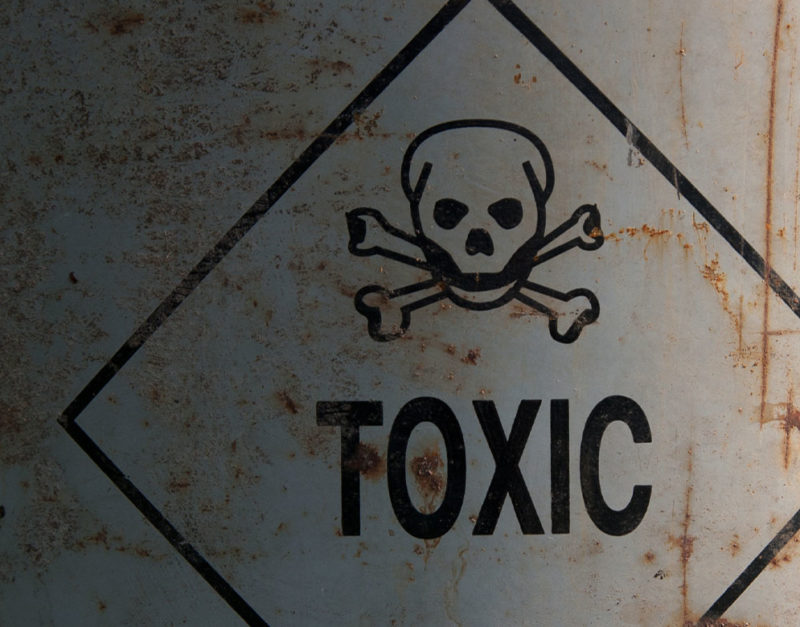 February 1, 2022
February 1, 2022 In March of this year, pharmaceutical testing company Valisure announced it discovered that 78 sunscreen products on the market contain benzene. In May of this year, the company released its findings that 44 hand sanitizer brands also contain the chemical, which is often tied to serious health risks, including benzene-related cancers. A closer look at benzene reveals it shows up in any number of everyday products and poses a risk to millions of people.
What Is Benzene?
Clear, colorless, and highly flammable, benzene is a volatile, liquid aromatic hydrocarbon with a sweet, gasoline-like odor. Also known as benzol, mineral naphtha, and phenyl hydride, it is widely used as an industrial solvent, chemical intermediate, and a synthesizer of numerous chemicals.
Benzene will dissolve slightly in water, while the remainder floats. The Center for Disease Control (CDC) describes the chemical as one that evaporates very quickly but has a vapor is that is heavier than air which may sink in low-lying areas.
What Is the Significance of Benzene?
The pervasive nature of benzene makes it significant to benzene-related cancer victims and benzene lawyers. The American Cancer Society explains that exposure to benzene can happen:
- At work
- Through using consumer products like
- hand sanitizers,
- sunscreens,
- antiperspirants
- and more
The highest exposures, the Society warns, have typically been in the workplace where workers make or use benzene. These workplaces include:
- Gasoline-related industries
- Oil refineries
- Rubber plants
- Shoe manufacturers
“Other people who may be exposed to benzene at work include steel workers, printers, lab technicians, gas station employees, and firefighters,” the Society says.
Where Is Benzene Used?
The U.S. Environmental Protection Agency (EPA) explains that benzene has a variety of uses, which lends to the commonness of the chemical.
Benzene is used in the manufacture of:
- Detergents
- Dyestuffs
- Explosives
- Pharmaceuticals
It is used as a solvent for:
- Fats
- Inks
- Oils
- Paints
- Plastics
- Rubber
- Waxes
The chemical is also used in photogravure printing, as well as to extract oils from seeds and nuts.
What Are Some Potentially Fatal Effects of Benzene Exposure?
Benzene’s toxicity has been well established for more than 120 years. “The hematotoxicity of benzene has been described as early as 1897,” Valisure explains in its news release on benzene in sunscreen. Studies from 1939 and 2010 reiterated that “exposure over a long period of time to any concentration of benzene greater that zero is not safe.”
“Benzene is specifically associated with blood cancers such as leukemia, making absorption through the skin particularly concerning,” says Valisure.
The National Institutes of Health (NIH) has also reported that, “benzene is a known human carcinogen and is linked to an increased risk of developing lymphatic and hematopoietic cancers, acute myelogenous leukemia, as well as chronic lymphocytic leukemia.” Exposure, the NIH says, “causes neurological symptoms and affects the bone marrow causing aplastic anemia, excessive bleeding and damage to the immune system.”
Symptoms to look out for when benzene is inhaled include:
- Dizziness
- Drowsiness
- Headaches
- Unconsciousness
When ingested, symptoms include:
- Convulsions
- Dizziness
- Vomiting
How We Help Victims of Benzene Exposure
Seek justice with the help of our experienced attorneys. Our Dallas, Texas, benzene law firm has battled corporate giants on behalf of individuals like you for 20 years, aggressively fighting to hold them responsible for dangerous chemicals and the personal injuries and cancers they cause. If you have suffered catastrophic injury caused by dangerous products, we can help.


